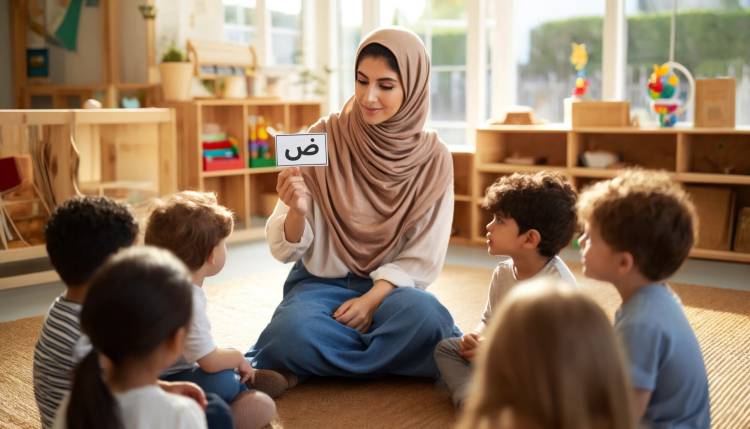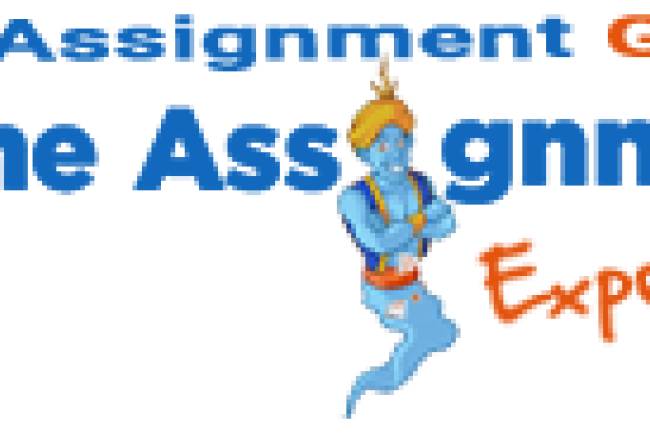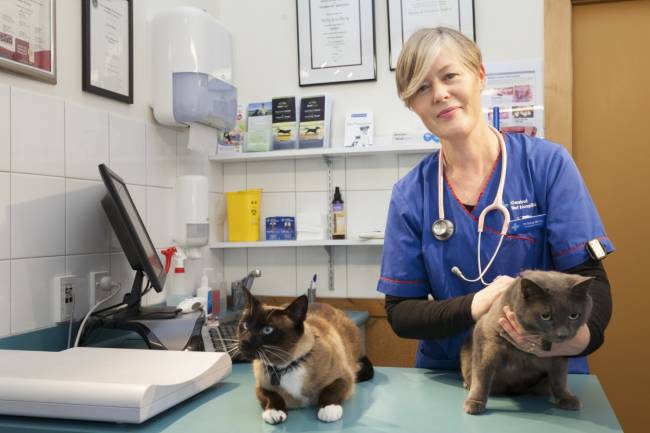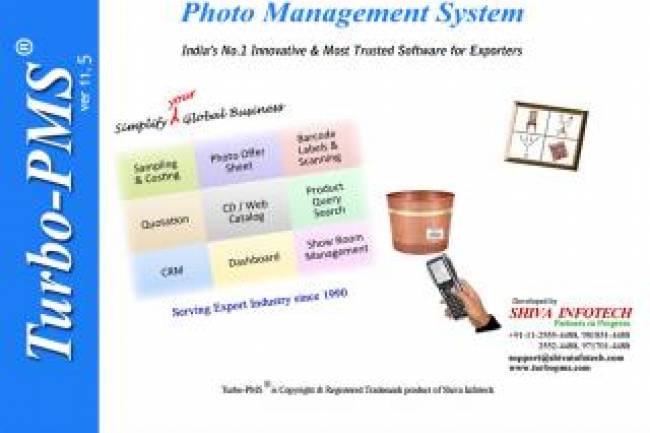Training and Certification for Montessori Teachers in the GCC
Montessori education has gained significant traction in the Gulf Cooperation Council (GCC) countries, where there is a growing recognition of the importance of early childhood education. This approach, founded by Dr. Maria Montessori, emphasizes child-centered learning, independence, and hands-on experiences. As the demand for qualified Montessori educators increases, it is essential to understand the training and certification pathways available for aspiring teachers in the GCC.
I. Understanding Montessori Education
Montessori education is characterized by its unique philosophy that respects each child's individual learning pace and style. It promotes an environment where children can explore and learn through self-directed activities. The role of the teacher in this setting is to guide rather than direct, fostering a love for learning and encouraging critical thinking.
In the GCC, this educational approach has been embraced by many schools, driven by a desire to provide high-quality education that prepares children for future challenges. However, the effectiveness of Montessori education largely depends on the quality of its educators. Thus, proper training and certification are crucial for those wishing to teach in this framework.
II. Steps to Becoming a Montessori Teacher in the GCC
1. Research Recognized Montessori Training Programs
The first step in becoming a Montessori teacher is to identify accredited training programs. Organizations such as the Association Montessori Internationale (AMI) and the American Montessori Society (AMS) offer internationally recognized certification programs. In the GCC, several institutions provide training aligned with these standards, including:
-
Montessori Centre International (MCI)
Offers AMI-accredited courses in various GCC countries. -
The International Montessori Institute
Provides comprehensive training programs catering to local needs. -
Local universities
Some universities in the region have begun offering specialized early childhood education courses that include Montessori methodologies.
2. Eligibility Criteria
To enroll in a Montessori training program, candidates typically need a minimum educational background, often requiring at least a bachelor’s degree in education or a related field. Additionally, proficiency in English is essential, as most training programs are conducted in English. Strong communication skills and a genuine passion for working with children are also important attributes for prospective teachers.
3. Enrollment in a Montessori Training Program
Once you have identified suitable programs, the next step is enrollment. It’s important to consider factors such as location, course duration, and mode of delivery (online vs. in-person). Many institutions offer flexible options to accommodate working professionals.
4. Complete Coursework and Practicum
Montessori training programs typically consist of theoretical coursework combined with practical experience. Theoretical components cover topics such as child development, classroom management, and educational philosophy. Practical experience involves observing and participating in real classroom settings under the mentorship of experienced Montessori educators.
“Hands-on training is vital as it allows aspiring teachers to apply their knowledge in real-world situations,” says Dr. Amina Al-Farsi, an educator at a leading Montessori institution in Dubai.
5. Obtain Certification
Upon successful completion of the training program, candidates receive certification from their respective institutions. This certification is crucial as it validates their qualifications to teach within the Montessori framework. It is advisable to obtain certification from recognized organizations like AMI or AMS to enhance job prospects and credibility.
6. Apply for Montessori Teaching Positions
With certification in hand, aspiring teachers can begin their job search within the GCC. The demand for qualified Montessori educators is high due to an increasing number of international schools adopting this educational approach.
Job seekers can utilize various platforms such as online job portals (e.g., Bayt, LinkedIn) and professional networks within the education sector to find suitable positions. Networking with current educators and attending relevant workshops or conferences can also provide valuable job leads.
7. Meet Local Teaching Requirements
For foreign teachers wishing to work in the GCC, meeting local legal requirements is essential. This may include obtaining work visas and having credentials attested by relevant authorities. Each country within the GCC has its own regulations regarding foreign educators; therefore, it’s important to familiarize yourself with specific requirements for your target country.
8. Continuing Education
The field of education is constantly evolving; hence ongoing professional development is crucial for Montessori teachers. Many institutions offer workshops, seminars, and conferences that allow educators to stay updated on best practices and new research in early childhood education.
“Continuing education not only enhances teaching skills but also fosters a sense of community among educators,” emphasizes Ms. Layla Khan, a seasoned Montessori trainer based in Qatar.
Additionally, pursuing further specialization within Montessori education—such as focusing on special needs education or leadership roles—can enhance career prospects and effectiveness as an educator.
III. Career Opportunities in the GCC
The job market for Montessori teachers in the GCC is promising due to several factors:
-
Growing Expatriate Population
Many expatriate families seek high-quality early childhood education that aligns with their values; thus, there is an increasing demand for Montessori schools. -
Investment in Education
Governments across GCC countries are investing heavily in improving educational standards and facilities, leading to more opportunities for qualified teachers. -
Diverse Educational Landscape
The multicultural environment encourages preschools in Riyadh or Dubai to adopt innovative teaching methods such as Montessori.
Teachers who hold recognized certifications are often preferred by employers due to their validated skills and knowledge.
IV. Conclusion
Training and certification for Montessori teachers in the GCC are essential components of providing high-quality early childhood education. Aspiring educators must navigate various steps—from selecting accredited training programs to obtaining certification—while also understanding local regulations and job market dynamics.
By investing time and effort into their professional development, prospective teachers can not only enhance their career prospects but also contribute significantly to shaping young minds within their communities. As demand for qualified Montessori educators continues to rise across the GCC region, those who embrace this rewarding career path will find themselves at the forefront of educational innovation and excellence.
“Becoming a certified Montessori teacher opens doors not just for personal growth but also allows you to make a lasting impact on children's lives,” concludes Dr. Amina Al-Farsi.
This structured pathway not only prepares individuals for successful careers but also ensures that they are equipped with the necessary skills to foster an enriching learning environment for future generations.














